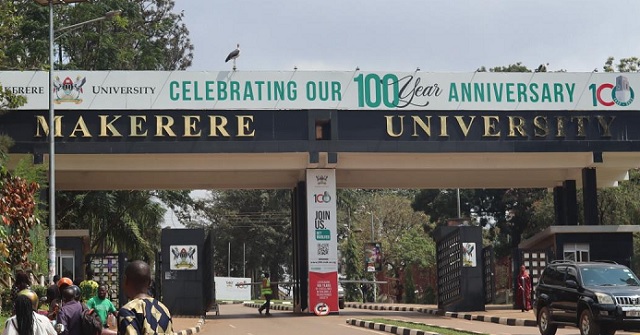
Kampala, Uganda | THE INDEPENDENT | Government-sponsored students at Makerere University have urged the university administration to consider a review of their welfare allowance before the semester is extended because of the upcoming census.
Makerere University, along with other higher education institutions, has adjusted its academic calendar to accommodate the upcoming National Population and Housing Census 2024, as mandated by the Ministry of Education.
The census is scheduled to take place from May 10 to May 19, 2024, spanning 10 days. As a result of this adjustment, the ongoing semester at Makerere University, initially slated to conclude on May 12, has been rescheduled. Examinations will now commence on May 21 and conclude on June 11, 2024. This modification effectively extends the semester duration from the traditional four months to nearly six months.
In a letter dated April 5, 2024, addressed to the University Vice Chancellor, Professor Barnabas Nawangwe, Isaac Ndyabahika, the President of Makerere University Government Students Association (MUGOSA), raised concerns about the welfare of government-sponsored students.
Ndyabahika emphasized that government-sponsored students heavily rely on their allowances for sustenance, which are now dwindling. This situation has left them feeling oppressed and uncertain about their means of survival for the additional time added to the semester.
“In reference to the letter released by the Academic registrar on 4th April 2024 about semester adjustment for an extra month due to a change of semester and examination calendar, we hope that our sponsor (Government) is also aware and planning for us. This initiative however leaves the government students inevitably oppressed and consequently uncertain about the exact means of survival for the extra time added,” Ndyabahika said in the letter
“Because the availed allowance is meant to cater for ONLY four months, the resident students are currently uncertain of their feeding, the non-residents, who are the majority are not only uncertain about their rent in hostels and rentals but also their feeding in the added period.” Ndyabahika David Njuki, a government-sponsored student from the College of Agricultural and Environmental Sciences (CAES), echoed these concerns, highlighting the inadequacy of the current allowances, especially given the prolonged semester duration.
“It is unfair for students because even the amount itself under normal circumstances on record time is not enough, so now that the semester is further extended, it makes it worse,” he said. Government-sponsored students residing off-campus receive a living-out allowance of at least 760,000 Shillings per semester to cover accommodation and meal expenses.
On the other hand, students residing in university halls receive a food allowance of 530,000 Shillings per semester, with priority given to science students for on-campus housing. It’s worth noting that rental costs in areas surrounding Makerere, such as Kikoni, Kikumi, and Wandegeya, range from 150,000 to 500,000 Shillings per month, while hostel fees can vary from 500,000 to 2 million Shillings per semester.
 The Independent Uganda: You get the Truth we Pay the Price
The Independent Uganda: You get the Truth we Pay the Price





